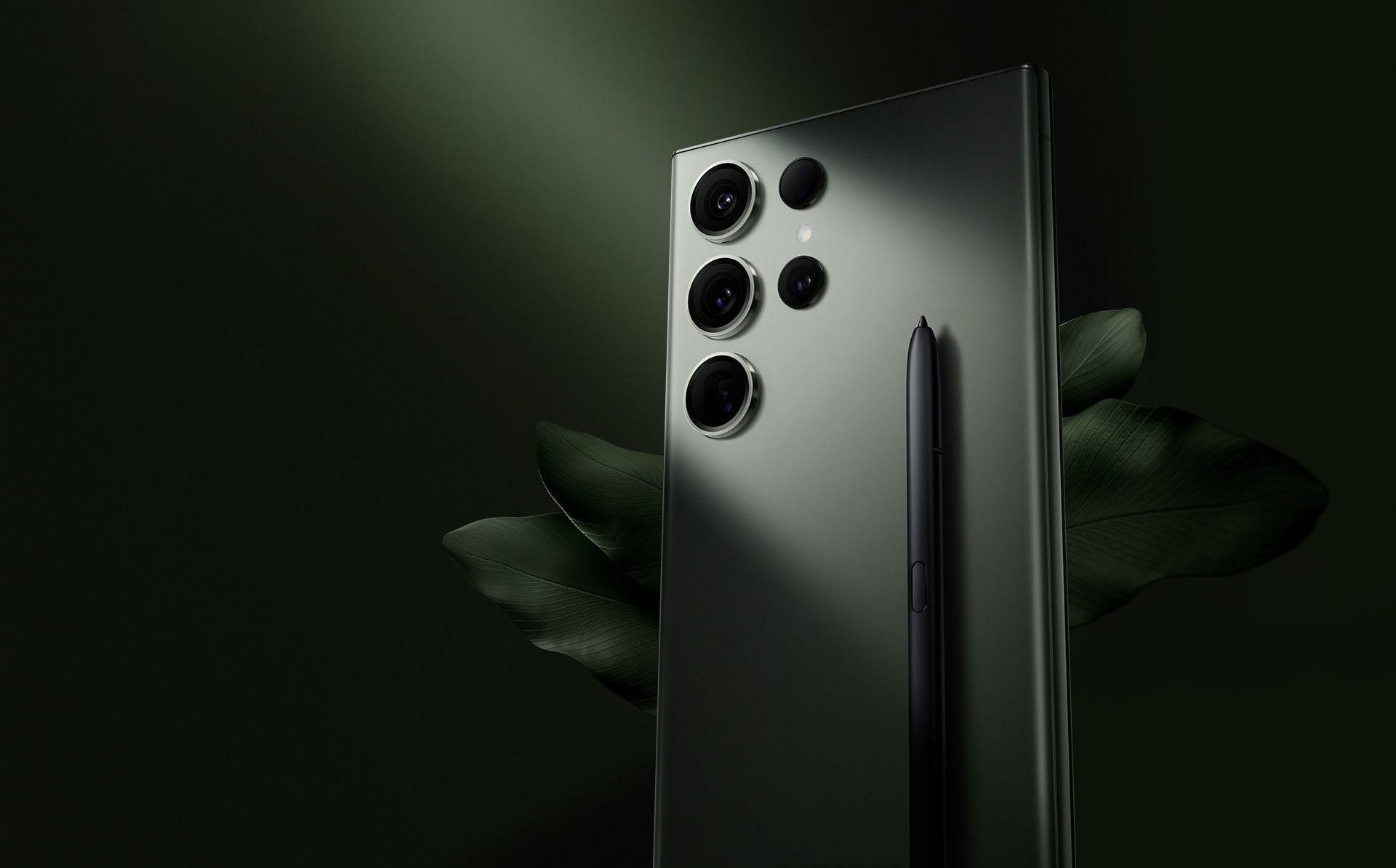Samsung Electronics announced a significant decline in its operating profits for the July–September period, down 77.57 percent from the previous year, despite a boost in revenue attributed to new smartphone releases.
The technology giant, renowned for being one of the world’s leading electronic chip manufacturers, disclosed third-quarter operating profits of “2.4 trillion won ($1.7 billion) due to robust sales of flagship mobile models and strong demand for displays.”
These results were largely in line with Samsung’s earlier projection of a 77.9 percent profit decrease. While the third-quarter profit marked a substantial drop from 2022 figures, it significantly exceeded the first quarter’s 640 billion won, the lowest since 2009, and the second quarter’s 670 billion won.
Net profit also saw a year-on-year decline of 37.7 percent to 5.8 trillion won, although this represented a rebound from the 1.7 trillion won recorded in the second quarter.
Samsung, the world’s largest smartphone manufacturer and the flagship subsidiary of the Samsung Group, a major conglomerate in Asia, highlighted that “earnings in system semiconductors were impacted by a delay in demand recovery for major applications.”
Additionally, revenue from its Networks Business declined in major overseas markets as mobile operators scaled back their investments.
Despite acknowledging that “macroeconomic uncertainties are likely to persist” in 2024, Samsung expressed optimism about the recovery of memory market conditions. The company noted that “server demand for generative AI-oriented, high-density, and high-end products remained strong,” in contrast to sluggish demand for conventional servers.
Samsung also outlined plans to expand the application of AI, offer tailored hyper-connected experiences via SmartThings, and secure technologies in new areas.
Market analysts noted that Samsung’s earnings results were “better than expected,” with the narrowing of chip losses and strong performances in mobile devices and display divisions cited as contributing factors.
Nevertheless, Samsung faced challenges stemming from the sustained decline in memory chip prices, a situation yet to fully recover in the chipset industry due to weakened consumer demand for tech gadgets amid rising inflation and interest rates.
Looking forward to 2024, Samsung anticipates a potential boost in PC and mobile demand as replacement cycles for products sold during the initial phase of the pandemic may come into play.
In April, Samsung had previously announced a “meaningful” reduction in memory chip production, in line with industry trends, as other key players like SK Hynix and Micron made similar moves.
These financial updates from Samsung follow recent developments in which the United States granted exemptions to Samsung and South Korean rival SK Hynix, allowing them to acquire US-made chip production equipment for their China-based factories. These exemptions were granted as the companies neared the end of one-year waivers from US export restrictions intended to limit China’s access to advanced technology, including chip manufacturing. These restrictions were imposed due to concerns about potential security risks associated with Chinese technology products.
Shayne Heffernan









